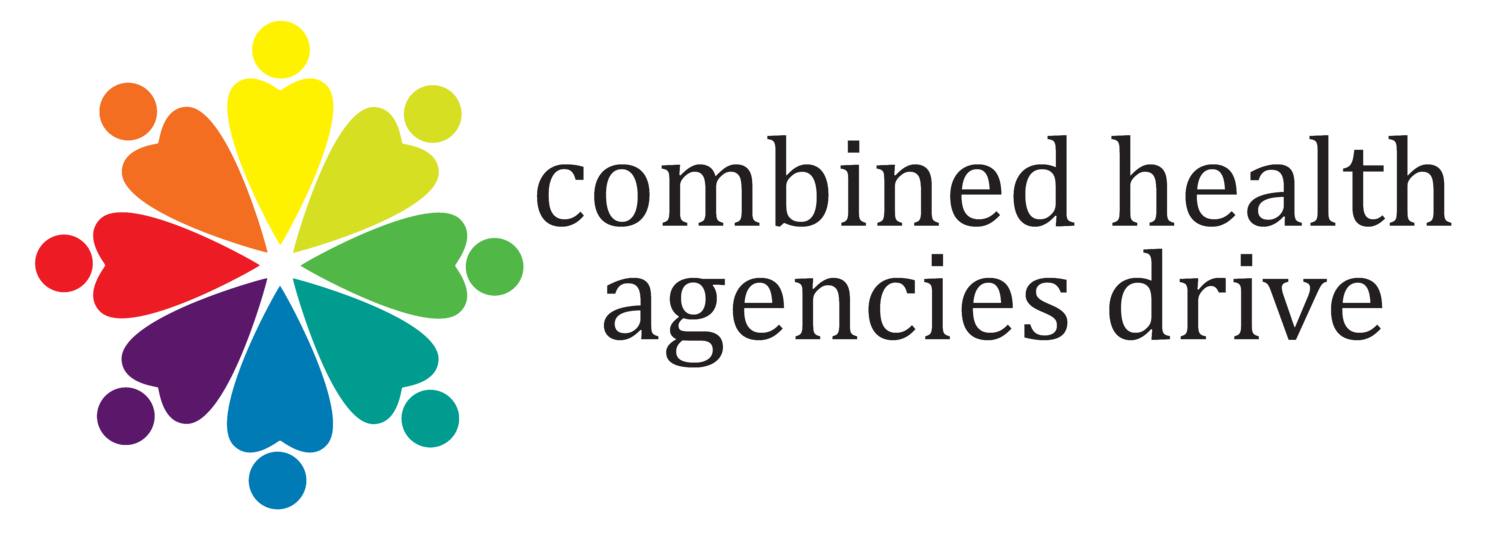Kameran Ulferts graduated from Fullerton High School in 2014 and is currently a senior at the University of Nebraska- Kearney pursuing a K-12 art education degree. “Since the beginning of my collegiate experience at UNK, I have deeply immersed myself into the culture and the community atmosphere of the University and the city of Kearney,” she said. On campus, she is a member of Gamma Phi Beta and the National Art Education Association student chapter. She is also co-founder and vice president of the UNK chapter of the College Diabetes Network. She works at the Crossroads Center Rescue Mission, the homeless shelter in Kearney as a guest advocate; as a teaching artist at Corky Creations; and teaches home-schooled art lessons once a week. Apart from the Kearney community, Kameran has also worked as a camp counselor in the summer for Camp Floyd Rogers in Gretna, Neb., a camp for diabetic children, for three years.
She does all of this while checking her blood sugar and managing her type one diabetes, as well as advocating for a cure with JDRF International – Heartland Chapter, one of the 22 Community Health Charities of Nebraska member charities.
Kameran was diagnosed on Nov. 29, 2009, when she was 12 years old. “I remember I was wearing a striped sweater and had curled my hair for school that day. My mom took me to the local clinic because, due to my excessive water drinking and use of the bathroom, she thought I had contracted a UTI,” she said. “I remember the nurse pricking my finger and the blood sugar result was 396. My mom and myself had no idea what that number meant, and my primary care physician later told me that this blood sugar result was not normal and that I was being diagnosed with type 1 diabetes.”
Her doctor briefly explained what that meant and told Kameran and her mother to rush to Children's Hospital in Omaha. “We were instructed to only stop on the way for water for me to drink,” she said. “I remember this day and the following three days in the hospital like it was yesterday, but for some reason, it's hard for me to remember a life without type 1 diabetes.”
Kameran’s family became involved with JDRF shortly after her diagnosis, when JDRF sent her a “Bag of Hope,” which contained information, books, toys, a teddy bear and various other things to help her cope and better understand her diagnosis.
And less than a year after Kameran was diagnosed, Kameran’s younger brother, her only sibling, was also diagnosed with type 1 diabetes, at 10 years old. “For my family, type 1 diabetes wasn't a small change; it became our way of life and not necessarily a way of life that other people on the outside understood,” she said. “Whether it be in school, work or some other situation in the public eye, there have always been people that just aren't educated and don't understand. Through these challenging experiences, our parents have taught us and motivated us to chase our dreams and look for the positives in every situation. From the beginning of our separate diagnoses, they never let us use diabetes as an excuse.”
Over the years, Kameran’s mom used JDRF resources through Children's Hospital to help Kameran and her brother navigate whatever challenges diabetes gave them. They also attended some conferences and classes through JDRF that helped them fill the gaps in their diabetes education. But it wasn't until she was inspired by her collegiate independence that she started to seek out JDRF events and services, Kameran said. In the past few years, she has attended two JDRF One Walks and collectively raised more than $3,000 for JDRF research. “Last year, I attended a JDRF Type One Summit event where I spoke on a panel of college students. At this event, I also learned so much about up-and-coming diabetes research as well as different ways to manage my fitness life with diabetes. I'm planning on attending the next JDRF Type One Summit event coming up in early November,” she said. “I also keep up with JDRF to see how upcoming healthcare policies could change regarding pre-existing conditions. JDRF is extremely proactive in the political realm, and they keep me updated on how I can become involved with voicing my opinion.”
When it comes to her diabetes, Kameran said that she has really bad days and really good days. “In my lifetime, I might never be free of daily pokes and shots. I might never be cured. But thanks to JDRF, there is hope,” she said. “Thanks to the fundraising, research and advocacy efforts of JDRF, I have a better life where life-saving diabetes technology, education and care is available and affordable and makes living with type 1 diabetes possible and manageable. Diabetes doesn't have me, I have diabetes.”

